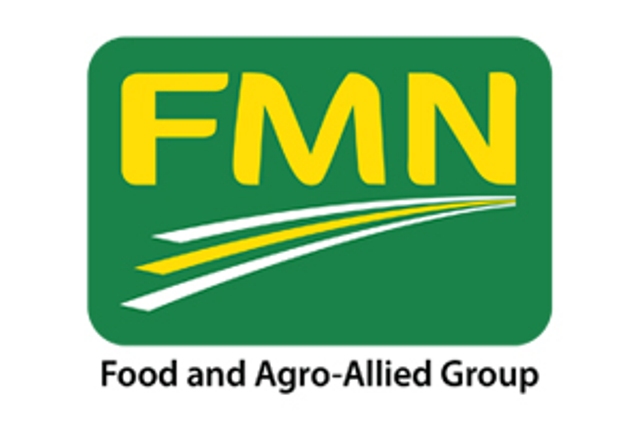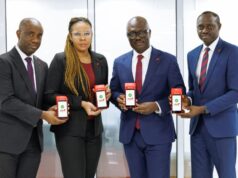MON 31 JAN, 2022-theGBJournal- Flour Mills of Nigeria Plc (FMN), Nigeria’s leading integrated food and agro-allied business, and owners of the iconic brand, ‘Golden Penny, last Friday published its unaudited nine months (9M) financial results, showing impressive growth.
The Group reported Q3-22 standalone EPS of N1.59 (Q3-21: NGN1.38) and 9M-21 EPS of N4.16 (N3.80), underpinned by solid revenue growth of 50.9% y/y in Q3-22 (9M-22: 48.6% y/y).
Revenue grew by 50.9% y/y in Q3-22 (9M-22: 48.6% y/y), driven by substantial growth across the Food (+55.4% y/y), Agro-Allied (+48.8% y/y), Sugar (+19.7% y/y) and Support services (+62.2% y/y) business segments.
The Group’s strong operating performance was also supported by the increase in CAPEX investments from N10bn to N33bn and enhanced sourcing of local raw materials during the harvest period in comparison to the previous year, evidencing strong focus on expansion while maximizing growth prospects.
As part of its expansion plans to meet growth demands, the Group installed a new pasta line, concluded the construction of a soya plant in Agbara, and purchased sixty new trucks during the review period. The Kaduna Feed Mill is near completion and is projected to be operational in May 2022.
On a quarter-on-quarter basis, revenue grew by 4.5% with expansion in all business segments – Food (+58.4% q/q), Agro-Allied (+55.5% q/q), Sugar (+55.3% q/q) and Support services (+71.4% q/q).
Gross margin (-253bps) declined to 8.5% in Q3-22 (Q3-21: 11.1%) as an increase in international wheat prices (Average price: USD699.03/BU in Q3-22 vs USD528.73/BU in Q3-21), the company’s primary raw material propelled a faster growth in the cost of sales (+55.2% y/y) relative to revenue (+50.9% y/y). We also highlight further cost pressures from the pass-through impact of currency devaluation and the high inflationary environment. Consequently, EBITDA (-140bps) and EBIT (-31bps) margins came in lower at 7.5% and 5.4%, respectively, amid an 8.2% y/y increase in operating expenses.
Net finance costs increased significantly by 167.2% y/y, following a 36.6% y/y increase in finance costs and a 92.8% y/y decline in investment income. We attribute the higher finance costs to the increased loan facilities FLOURMILL obtained in the review period. As of 9M-22, total borrowings increased by 7.7% y/y to NGN142.87 billion (9M-21: NGN132.67 billion).
Overall, Q3-22 standalone PBT grew by 8.6% y/y to NGN9.77 billion (Q3-21: NGN9.00 billion). Following a tax expense of NGN3.35 billion, PAT printed NGN6.52 billion (Q3-21: NGN5.65 billion).
Commenting on the Q3 Financials, Omoboyede Olusanya, the Group Managing Director, said, “the Group remains committed to executing its overall long-term strategy to maintain growth and sustain profitability by increasing local content through product innovation across our core value chains, as evidenced by the third-quarter’s earnings trend.
He added that the company’s new operating environment, increased operational efficiency and accelerated optimization plans have resulted in competitive product offerings and profitability.
‘’We will continue to invest in production capacity and make investment decisions that will strategically position the group for the opportunities that will arise from the African Continental Free Trade Agreement.”
Twitter-@theGBJournal|Facebook-The Government and Business Journal|email: govandbusinessj@gmail.com|










